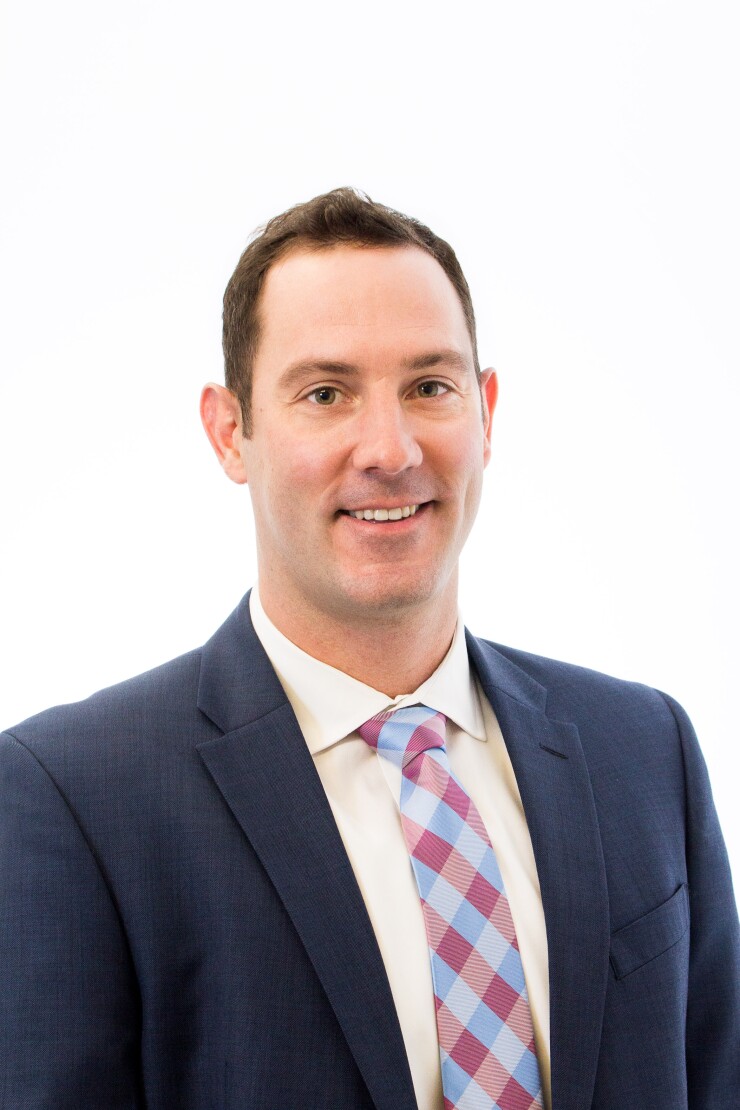SAN DIEGO – Advisors who have embraced socially responsible investing may have good reason to stick with the strategy.
Last year, SRI funds outperformed their non-SRI counterparts, when comparing those ranked by Morningstar’s sustainable funds category, according to the research firm's analysts. Seventy-two of the 129 funds in the category bested the numerous Morningstar categories, Morningstar said.

Despite “slight underperformance this year,” most managers and advisors will have adopted the approach in the “next three to four years,“ said Peter Essele, a manager of the investment management and research team at Commonwealth Financial Network.
Through September of this year, 85 of the now 163 sustainable funds ranked in the top half of various categories, Morningstar said. Overall, the funds averaged in the 50th percentile.
“If you went back two years, there was a clear delineation between traditional and ESG,” Essele said at Commonwealth’s Personal Currency conference in San Diego. “That line is being blurred at this point and managers are implementing the philosophy.”
At Commonwealth, Essele uses Morningstar’s sustainability ratings to help member firms determine the most socially responsible the stocks and funds. Advisors send Essele their lists of potential investments and he returns their spreadsheets with SRI ratings, delineating those with the highest percentage of investment in ESG from the lowest.
“An ESG overlay approach can be used in conjunction with traditional metrics like price-to-earnings, price-to-value and price-to-cash flow,” he said. “It’s just another tool in the security analysis tool chest that can be a potential return generator as well as a risk mitigator.”
A FORMAL EMBRACE
Above all others, millennials are likely to include the funds in their portfolios, Schwab says.
Matthew Ramer, principal at Mor Wealth Management in Philadelphia, has embraced SRI in the last two years. In that time, he says his firm went from having no investments in the strategy to mandating its use.
Unless there is a “substantial tax issue,” he says, “if any new clientele brings over a portfolio of individual stocks, and any of their stocks rank in the bottom quartile of the sustained analytics aggregate score, they have 366 days to get rid of it,” Ramer said. “If you want to live in our world and our commitment to society, you can’t own those stocks.”
Looking ahead, Ramer expects the trend to flourish, citing a recent Barron’s article reporting on Morningstar data that 37% of all ESG funds, “
-
Some investors are demanding action on gun manufacturer and retailer stocks. Can financial advisors deliver?
March 23 -
Integrating the strategy into portfolios has become one way clients and institutions strive make a difference.
September 8 -
Although millennials like impact investing, those with grandkids may also be on board.
August 12
“Our older clients don’t really have too much concern over ESG, but for our younger clients it’s everything,” he said. “Whether we’re here because we want to move the needle with environmental and social consciousness, or whether we want to move the needle in terms of our corporate profits, in my humble opinion, over the next decade we have to be on the social side for both of those reasons.”






